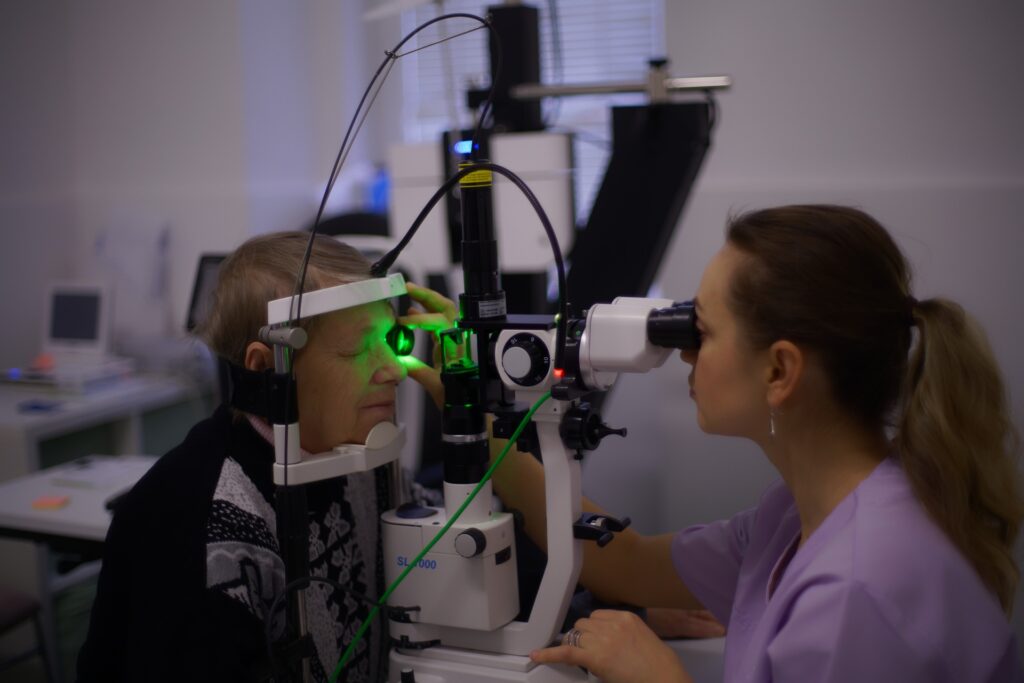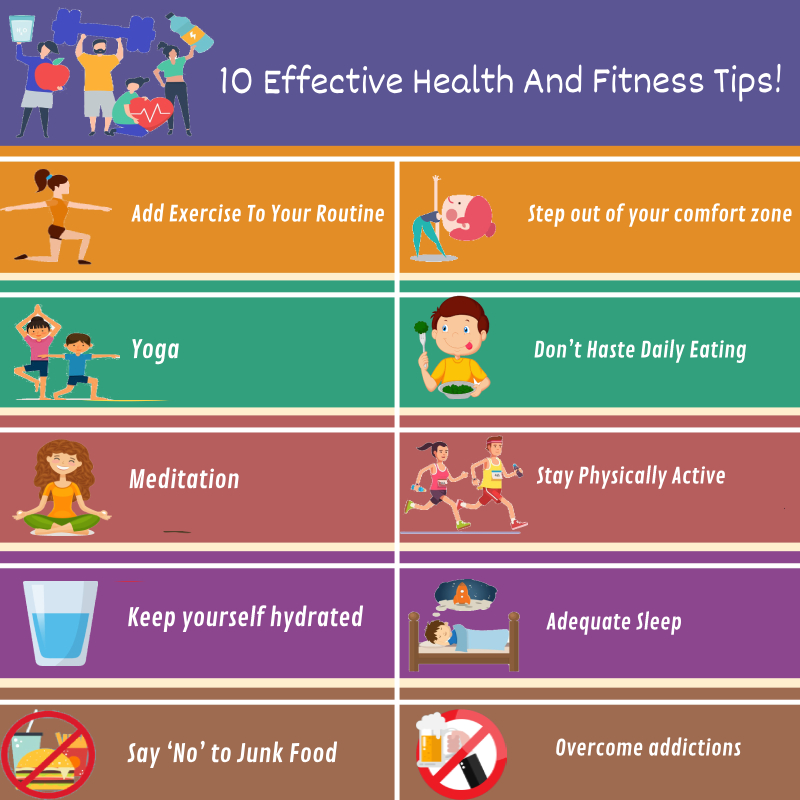6 Common Eye Diseases That Develop With Age and How To Prevent Them
Vision difficulties in the elderly can lead to partial or total vision loss if not recognised and treated early. In fact, 65 percent of persons with vision impairment and more than 80 percent of those who are blind are over 50 years old, according to data. Although aging might cause changes in your vision and eyes, you can take steps to ensure your eye and general health for the rest of your life. It might be as easy as using brighter lighting around the house to assist prevent accidents caused by poor vision or seeing your doctor more regularly to test for age-related disorders.

Below is a list of eye diseases to watch out for as you get older, as well as information on diagnostic and treatment options, to help you avoid serious eye problems later in life.
Glaucoma
Glaucoma is one of the most common causes of blindness in adults over 60. It is caused by fluid not draining correctly, resulting in a build-up of pressure that can damage the optic nerve. Glaucoma affects both eyes, albeit not always at the same time and can result in considerable peripheral vision loss and, if left untreated, complete blindness. Regular eye exams are important, as blindness can be prevented with early treatment.
Dry Eye
Our tear production tends to decrease beyond the age of 40. As a result, most persons over 65 have symptoms of dry eye, which can include a stinging or burning sensation in the eyes, as well as a gritty texture. Ironically, it can sometimes result in moist eyes. For moderate dry eye, over-the-counter eye drops may be beneficial; but, if your symptoms are more severe, you should seek treatment from an ophthalmologist.
Cataract
Cataracts are caused by proteins in the lens breaking down as we age, resulting in impaired or clouded vision. Your eye doctor may prescribe surgery to replace the clouded lens with an artificial one if it interferes with daily activities. Blurred vision, fading colours, sensitivity to light, double vision, and dizziness are some of the symptoms.
Diabetic Retinopathy
This is a disorder that happens when excess glucose destroys the blood vessels in the retina. It affects people who have type 1 or type 2 diabetes. These swollen blood vessels can leak blood and other fluids into the retina, resulting in foggy vision, floaters, and blurriness. Symptoms worsen with time, and you may see black patches or empty spaces in your eyesight, as well as vision loss. The best method to maintain your vision is to keep your diabetes under control.
Detached Retina
When the retina separates from its underlying support in the rear of the eye, this disease arises. The vitreous changes texture and shrinks as we get older, which can cause the retina to become detached. It isn’t painful, but the longer you wait to cure a retinal detachment, the higher your chances of irreversible vision loss. Contact an ophthalmologist straight once if you observe warning signals such as a sudden appearance of numerous floaters and flashes, reduced vision, or the sense of a dark curtain being drawn over your eyes.
Eyestrain
Your eyes may get dry or itchy as a result of misuse, and they may sting. Long distance driving, dry eyes, uncorrected vision, and struggle to see in low light may all induce eyestrain, but the most prevalent cause is prolonged use of digital gadgets. When you rest your eyes, the discomfort normally goes away. Blinking more frequently, using lubricating eye drops, or following the 20-20-20 rule.
Visual impairment can express itself in a number of ways and to varying degrees in the elderly. In most cases, your visual acuity score isn’t a reliable predictor of vision problems as you become older. You’ll need a complete eye exam from professional and caring eye care specialists to maintain your eyes performing at their best during your golden years.
The key to preventing the patient from going blind is early diagnosis. However, there are a number of diagnostic tests that can aid in the diagnosis and treatment of the condition: Periodic Applanation Tonometry, Perimetry, Optical Coherence Tomography and Ganglion Cell complex. The treatment for glaucoma surgery in Mumbai is done either medically or surgically. One of the best glaucoma surgeries in Mumbai is done by vissioneyes. Dr. Himanshu Mehta is the best eye doctor in Mumbai.
The Vission Eye Center has the cutting edge of corrective eye surgery technology and also upholds the finest levels of patient care. They offer eye treatment for glaucoma surgery, cataract treatment, lasik treatment, cornea issues, refraction problems, retina issues and other eye related problems.



